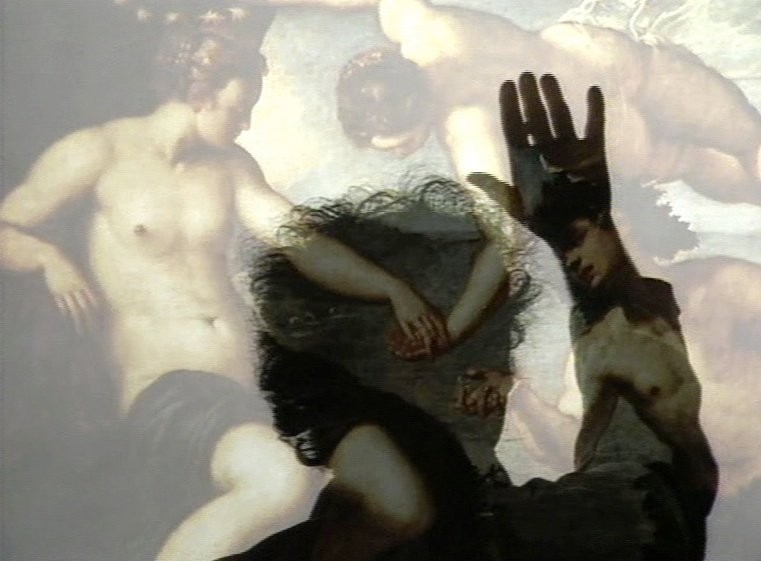
Home
›
Public programmes
› Activities
›
Jean-Luc Godard, the Image in Question
Activities
›
Jean-Luc Godard, the Image in Question
Jean-Luc Godard, the Image in Question

The work of Jean-Luc Godard may be considered to be a challenge to the treatment of the image in contemporary audio-visual media. For over 50 years, Godard has not only been an innovator who has sought a unique poetic style of his own, he is also one of the greatest creative artists in the history Cinema.
The course follows the paths of Jean-Luc Godard, from his beginnings with the Nouvelle Vague to his most recent works, in which he continues to search for new forms of expression through the use of 3D. We will show how the thought of Godard’s images connects with several of the key tensions of the last 50 years. We will explore the multiple facets of Godard’s thinking that lead us to reflect on his points of contact with structuralism, post-68 revolutionary movements, video searches and in multiple technological formats, to observe a Godard who, in his Histoire (s) du cinéma seeks to make his atypical imaginary museum looking for peculiar poetic constellations.
Program:
May 6
Introduction. Ethics and Aesthetics in the Cinema of Jean-Luc Godard.
La Nouvelle Vague, Cahiers and cinema. The Beginnings: Love and Death.
Films: A bout de Soufle, Le Petit soldat and Une femme est une femme.
May 27
Godard in the 1960s. Collage, the Philosophy of Language, the Welfare Society, the Revolts and the Iconoclastic Artist.
Films: Vivre sa vie, Le mépris, Pierrot le fou and 2 ou 3 choses que je sais d’elle.
June 3
The Mao Years. The Rolling Stones. May 68 and Political Commitment. The Godard Eclipse and the Birth of the Dziga Vertov group. The Year of Video.
Films: Sympathy for the Devil, La Chinoise, Pravda, Tout va bien and Ici et ailleurs.
June 17
After the Policy. The 1980s. New Forms, New Sounds. Between Fiction and Documentary, between Essay and Sketch.
Films: Sauve qui peut la vie, Passion, Scénario pour passion, Lettre à Fredy Bouache, Je vous salue Marie and Nouvelle vague.
July 1
Godard and the Imaginary Museum. The Consciousness of History as Phantasmagoria. Old Age and Death.
Films: Histoire(s) du cinema, JLG/JLG – autoportrait de décembre, Éloge de l’amour, Film Socialisme, Adieu au Langage and Le livre d’image.
Dates
06.05.2019
27.05.2019
03.06.2019
27.05.2019
01.07.2019
Time
From 18.00 to 21.00 h
Duration
15 hours
Price
120 €. Free for Regular Members and Supporting Members Friends.
It is possible to attend a session.
Price per session: 30 €
Lecturer:
Àngel Quintana, Lecturer of History and Theory of Cinema at the University of Girona.
Limited places.
Advance booking: activitats@ftapies.com.










